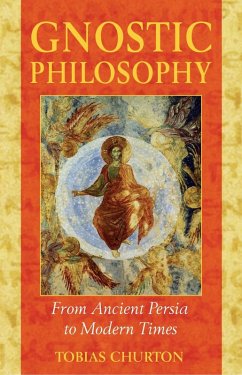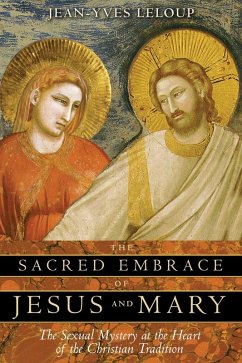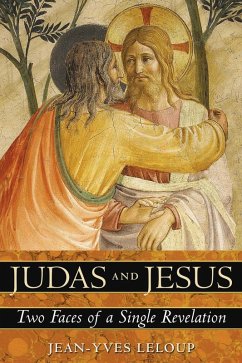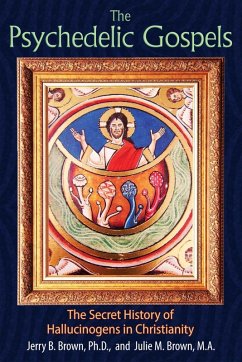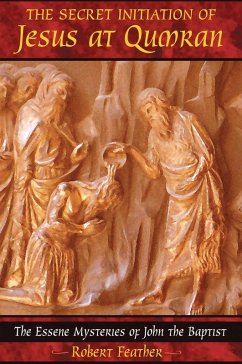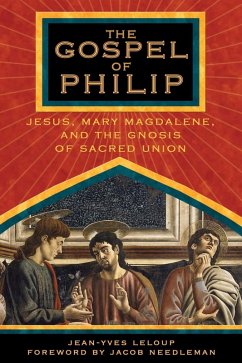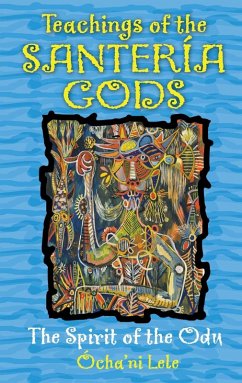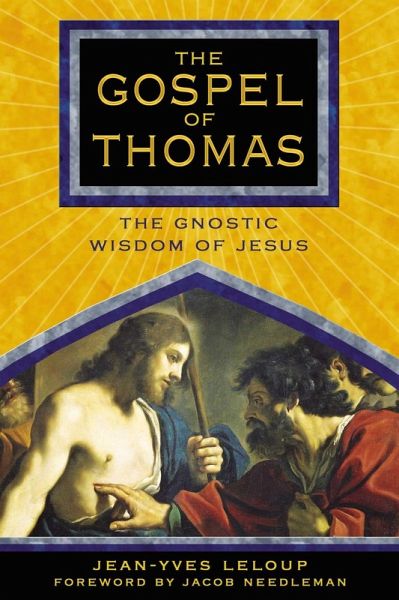
The Gospel of Thomas (eBook, ePUB)
The Gnostic Wisdom of Jesus
Versandkostenfrei!
Sofort per Download lieferbar
8,89 €
inkl. MwSt.
Weitere Ausgaben:

PAYBACK Punkte
0 °P sammeln!
A new translation and analysis of the gospel that records the actual words of Jesus • Explores the gnostic significance of Jesus's teachings recorded in this gospel • Explains the true nature of the new man whose coming Jesus envisioned • Translated and interpreted by the author of the bestselling The Gospel of Mary Magdalene and The Gospel of Philip One of the cache of codices and manuscripts discovered in Nag Hammadi, the Gospel of Thomas, unlike the canonical gospels, does not contain a narrative recording Christ's life and prophecies. Instead it is a collection of his teachi...
A new translation and analysis of the gospel that records the actual words of Jesus • Explores the gnostic significance of Jesus's teachings recorded in this gospel • Explains the true nature of the new man whose coming Jesus envisioned • Translated and interpreted by the author of the bestselling The Gospel of Mary Magdalene and The Gospel of Philip One of the cache of codices and manuscripts discovered in Nag Hammadi, the Gospel of Thomas, unlike the canonical gospels, does not contain a narrative recording Christ's life and prophecies. Instead it is a collection of his teachings--what he actually said. These 114 logia, or sayings, were collected by Judas Didymus Thomas, whom some claim to be Jesus's closest disciple. No sooner was this gospel uncovered from the sands of Upper Egypt than scholars and theologians began to bury it anew in a host of conflicting interpretations and polemics. While some say it is a hodgepodge from the canonical gospels, for others it is the source text from which all the gospel writers drew their material and inspiration. In this new translation of the Gospel of Thomas, Jean-Yves Leloup shows that the Jesus recorded by the "infinitely skeptical and infinitely believing" Thomas has much in common with gnostics of non-dualistic schools. Like them, Jesus preaches the coming of a new man, the genesis of the man of knowledge. In this gospel, Jesus describes a journey from limited to unlimited consciousness. The Jesus of Thomas invites us to drink deeply from the well of knowledge that lies within, not so that we may become good Christians but so we may attain the self-knowledge that will make each of us, too, a Christ.
Dieser Download kann aus rechtlichen Gründen nur mit Rechnungsadresse in A, B, BG, CY, CZ, D, DK, EW, E, FIN, F, GR, HR, H, I, LT, L, LR, M, NL, PL, P, R, S, SLO, SK ausgeliefert werden.





